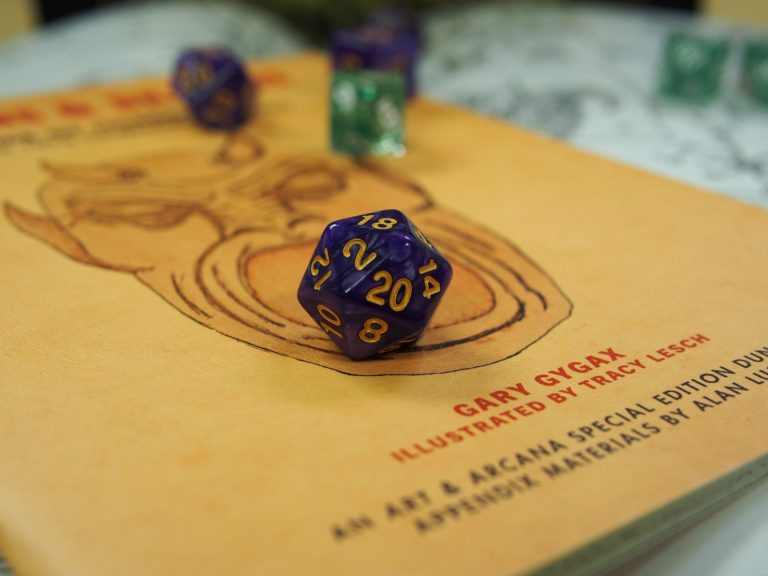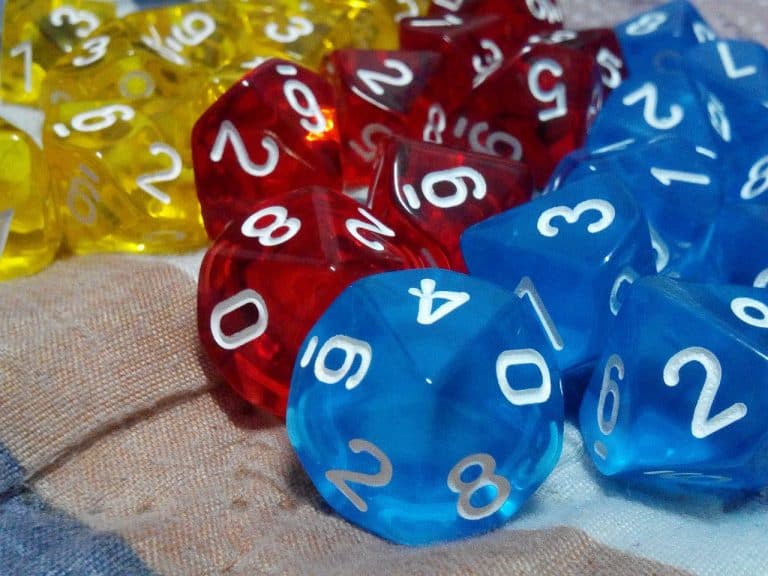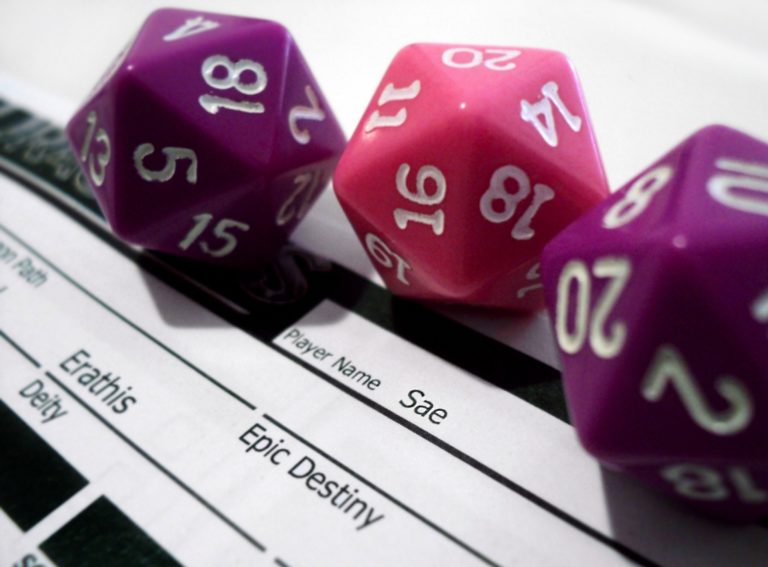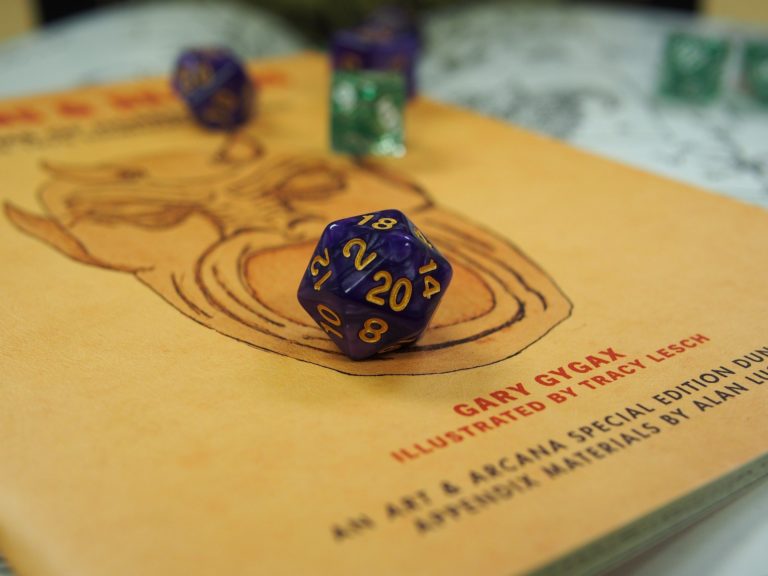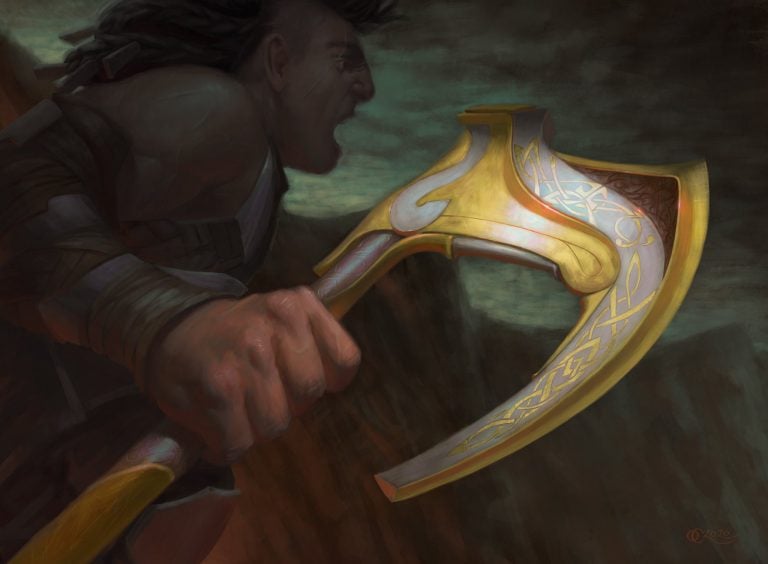Bonus Action Spells 5E | What Can You Do, What Are The Good Ones?
Typically, Dungeons & Dragons 5th Edition have spells take your Action. That means spells take most of your concentration and effort to perform, so you use most of your six seconds incanting. But, if you’re not a Bard, most classes have a good list of spells that use your Bonus action instead. Do remember; you can only cast one spell a round, even if it is a bonus action. If you use your Bonus Action to cast, your action can’t spend spell slots to cast a spell. You can still cast cantrips or use abilities like Divine Smite. Let’s jump right into our Bonus Action Spells 5E Guide.
Table of Contents
What Makes A Spell A Bonus Action?
Spells are a Bonus Action if it says they are in their “Casting time” section. In addition, some classes can cast spells as bonus actions, even if they’d normally take a full action. The most obvious example is the Sorcerer’s “Quickened Spell” metamagic, allowing them to cast any spell as a Bonus Action… at the cost of 2 metamagic points!

What Spells Are Bonus Actions?
The following 35 spells are all of the Bonus Action spells currently printed. Of these spells, 8 of them don’t require concentration; Divine Word, Healing Word, Magic Stone, Mass Healing Word, Misty Step, Sanctuary, Shillelagh, and Spiritual Weapon. All other spells need your Concentration to sustain them to their maximum duration.
Cantrips
- Magic Stone (Druid, Warlock): You infuse 3 pebbles that now use your spell attack roll, have a 60 foot range, and deal 1d6 + Spellcasting mod. This can only work on one group of pebbles at a time.
- Shillelagh (Druid): One of our favorite cantrips, you turn a club or quarterstaff into a d8 weapon that uses Wisdom to attack. Great for the melee druid that dropped out of Wild Shape, or even the Druid of Spores.
Level 1
- Compelled Duel (Paladin): Force the target to not be able to leave your proximity and have disadvantage against attacking anyone else. Ends if you attack someone else, an ally attacks it, or you move too far away. Really good lock down, but Paladin’s saves aren’t amazing.
- Divine Favor (Paladin): You deal 1d4 more weapon damage on a hit for a minute. Honestly not bad at all, but locks you out of Smite spells.
- Ensnaring Strike (Ranger): Your next strike restrains a target in vines that deal 1d6 piercing damage to them. Requires Strength saving throws and strength checks, not effective against large creatures.
- Expeditious Retreat (Sorcerer, Warlock, Wizard): You can dash as a bonus action for 10 minutes, and on the turn you cast this. Wow, crazy…
- Hail of Thorns (Ranger): Adds 1d10 damage to your ranged attacks, that can be saved against with a Dexterity save. Scales to 6d10, just in case you multiclassers had ideas.
- Healing Word (Bard, Cleric, Druid): Choose something living, and it heals a little bit. Perfect for picking unconscious people off the ground.
- Hex (Warlock): The Warlock’s staple spell. For up to 24 hours (depending on spell level), the target takes 1d6 extra damage from any attacks, and has disadvantage on ability checks with a specific ability. You can spread the curse if the target goes down using a bonus action, while the spell is still active.
- Hunter’s Mark (Ranger): One of the reasons to become a ranger, this deals 1d6 damage whenever you land a weapon attack, and you have advantage on checks to find it. You can also choose a new target on a subsequent turn. Ridiculous spell slot economy, just like Hex.
- Sanctuary (Cleric): A creature (that doesn’t attack or cast a spell targeting an enemy) is protected against harmful attacks that target it, requiring a Wisdom Save to hit it. Perfect for the pacifist in the party, or to protect from ambushes.
- Searing Smite (Paladin): Your next melee attack lights the target on fire, dealing extra damage and forcing a Constitution saving throw. The spell ends if the target saves, something spends an action to put out the fire, or it dives into a lake.
- Shield of Faith (Cleric, Paladin): You give something +2 AC for 10 minutes. Really, really good use of concentration; that’s a 10% chance to avoid attacks right there!
- Thunderous Smite (Paladin): Your next melee attack is extremely loud, does great damage for a level 1 spell slot, and forces a Strength save. A failure launches the creature 10 feet and knocks them prone.
- Wrathful Smite (Paladin): Your next strike does a tiny bit of damage but causes the creature to be Frightened of you for the duration. The only way to get out before the minute ends is with an action to make a Wisdom check, not save. Extremely good for crowd control, despite the lackluster damage.
- Zephyr Strike (Ranger): Your movement doesn’t provoke opportunity attacks, and you can choose one weapon attack to get advantage on, and deal 1d8 extra damage. That turn, you also gain 30 foot walking speed.
Level 2
- Branding Smite (Paladin): Your next weapon hit deals more damage and forces the target out of invisibility for the minute you concentrate. There’s better anti-invisibility spells out there.
- Dragon’s Breath (Sorcerer, Wizard): With a touch, the target can breath a 15 foot cone of 3d6 damage of a type that you choose. Requires your concentration, but is really efficient damage if the target gets a few uses of it.
- Flame Blade (Druid): Create a scimitar that deals 3d6 damage as a melee spell attack. Scales poorly, and takes concentration, on the Druid spell list… Might be rough.
- Healing Spirit (Druid, Ranger): You conjure a spirit that heals creatures that enter it’s space for 1d6. You choose who’s healed, and it’s only once per turn. Not exactly awful, but Healing Word might be more useful immediately.
- Magic Weapon (Paladin, Wizard): A weapon touched becomes magical; +1 at spell level 2, +2 at 4, +3 at 6. Paladins can’t get this magic weapon above +2, but Wizards sure can!
- Misty Step (Sorcerer, Warlock, Wizard): You teleport 30 feet. Really great escape spell, and uses spell slots that quickly become inconveniently weak in the mid-to-late levels.
- Shadow Blade (Sorcerer, Warlock, Wizard): Create an illusory, finesse, light, and thrown (20/60) shadow weapon that has advantage in dim light or darkness. This is an illusion that does psychic damage so… not too useful against things that don’t have brains.
- Spiritual Weapon (Cleric): You create a weapon that smacks someone, and can be controlled with a Bonus action. One of the best ways to spend a low-level spell slot, especially since it’s not Concentration!
Level 3
- Blinding Smite (Paladin): Hit a bit harder and blind them if they fail a Constitution save, which they repeat every round. A bit inconsistent, Paladins don’t have good saves.
- Lightning Arrow (Ranger): You infuse a weapon with 4d8 lightning damage, rather than its normal damage. Then, within 10 feet of the target (even if you miss), all creatures must make a Dexterity save or take 2d8 lightning. Scales well, deals a bunch of non-physical damage, and is some rare Ranger Area of Effect.
- Mass Healing Word (Cleric): Heals up to 6 living creatures for a small amount. Perfect if your entire dang party got K.O.’d.
Level 4
- Grasping Vine (Druid, Ranger): As a bonus action, and when you cast the spell, you can pull someone 20 feet towards a spot on the ground. Kinda high spell level for such a simple effect, but great combat control.
- Guardian of Nature (Druid, Ranger): You assume the form of a beast or a tree. The beast deals a bunch of extra damage, while the tree is extremely tanky and better at ranged attacks.
- Staggering Smite (Paladin): Your next melee attack deals a bunch of extra damage and, on a failed Wisdom save, forces disadvantage on attack rolls and ability checks for a turn. They also can’t make reactions. Not bad defensively, but arguably the worst Smite.
Level 5
- Banishing Smite (Paladin): Your next weapon hit deals 5d10 extra and banishes the target if they have less than 50 health for the rest of the spell. Keeps threats out of combat, not awful.
- Far Step (Sorcerer, Warlock, Wizard): Using concentration, you can teleport 60 feet as a bonus action. Like Expeditious Retreat, but much better at breaking the laws of physics.
- Holy Weapon (Cleric, Paladin): For up to an hour, your weapon deals 2d8 extra damage and becomes magic. You can dismiss the spell to deal 4d8 damage in a 30 foot radius and blind whoever fails a Constitution save for a minute (they repeat the save on each turn). One of the few ways a Paladin can do an area of effect.
- Swift Quiver (Ranger): A quiver you have is enchanted, allowing you to make two attacks as a bonus action. An apt way to use a Ranger’s 5th level spell slot!
Level 7
- Divine Word (Cleric): Speak a word of creation with a 30 foot radius from you that banishes outsiders and does a crowd-control effect on creatures with low health. Really strong, but justly so; it’s a high level spell slot.
In Conclusion
As may be obvious, most Bonus Action spells are focused on weapon buffs, or making your turn more efficient. There are some defensive spells, and a good chunk of mobility, but Paladin and Ranger kinda dominate the list. That makes complete sense; spending a bonus action on Hunter’s Mark or Thunderous Smite and then smacking someone is a great turn.
However, the other casters have stellar bonus actions; Misty Step is a get-out-of-jail-free card, and Dragon’s Breath can let your Fighter have something to do during Swarm fights, or Zombie hordes. Just remember that, on the turn you use them, these spells are all you can cast (besides cantrips). And then plan your turn accordingly!


